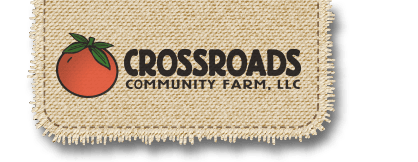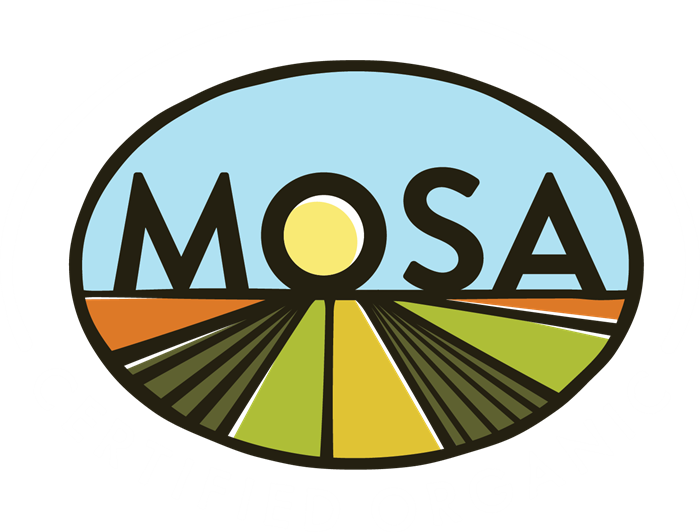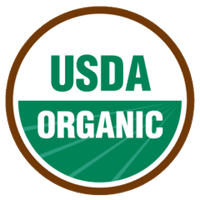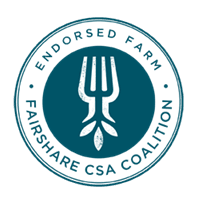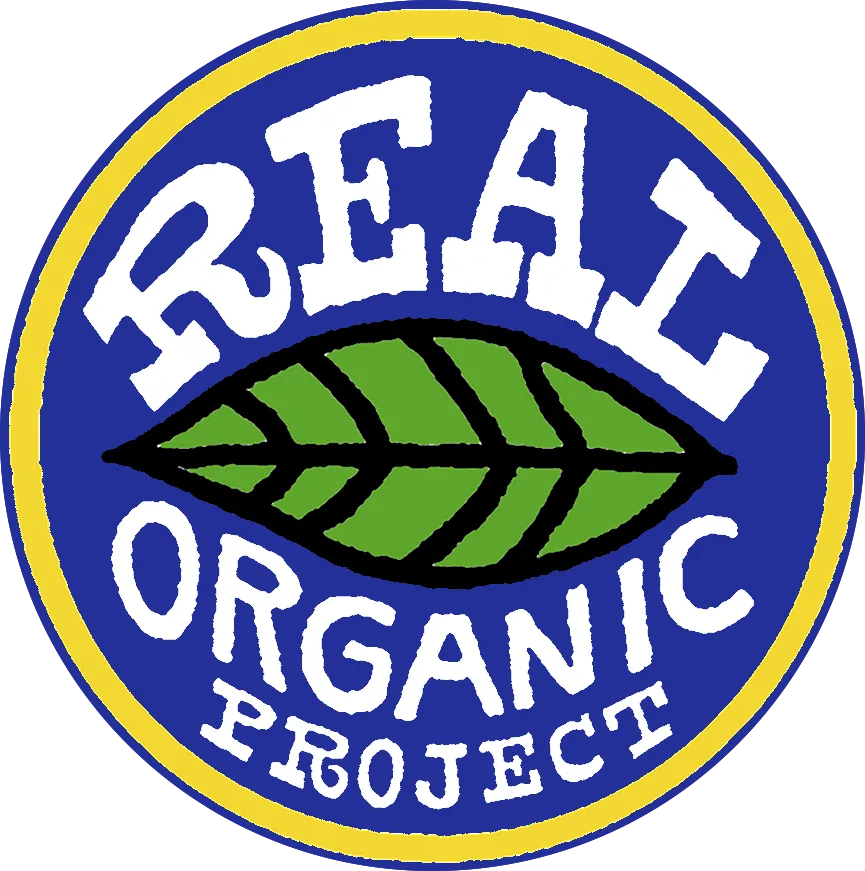Salt, Sugar, Fat: CSA Summer ’15 ” Week #4 (EO-B)
 One Christmas, I bought a book for my father, Salt, Sugar, Fat by Michael Moss. Then I bought a copy for myself. I read it on and off over the course of a year, and it’s a book I’m really glad I read. I will include below a review of this book by Poornima Apte, but thought I would first share some of my thoughts on it as an organic farmer and mother of three.
One Christmas, I bought a book for my father, Salt, Sugar, Fat by Michael Moss. Then I bought a copy for myself. I read it on and off over the course of a year, and it’s a book I’m really glad I read. I will include below a review of this book by Poornima Apte, but thought I would first share some of my thoughts on it as an organic farmer and mother of three.
What did this book teach me? In a nutshell it taught me that the swing away from cooking healthy meals from scratch, was very much spear-headed by industrial food processing companies. As the feminist movement took off and more and more women entered the work force, processed food companies took advantage of this social change and began very slick marketing campaigns offering convenience in a box for the modern household.
Health advocates, extension agents, and home economics teachers battled to prove that cooking with healthy ingredients could be just as fast in the kitchen€¦ but they were unable to counter the millions of advertising dollars and covert takeovers of household cookbooks and home economics programs that touted processed food as the best option for working households. Fast forward a few decades and we are now at a point where companies have to make their foods increasingly sugary, salty, and/or fatty to win out on the shelf ” with no regard to that actual healthfulness of the product.
As a CSA member, you are taking such an important step to buck this unhealthy, unsustainable processed food system. Each week you experiment and learn more about how to use fresh vegetables and reclaim your home and body from what’s inside a package. If you feel like you need some intellectual grounding to help you remember why you are doing a CSA, this is a great book to read!
Apte’s Review of Salt, Sugar, Fat by Michael Moss:
From a Pulitzer Prize”winning investigative reporter at The New York Times comes the explosive story of the rise of the processed food industry and its link to the emerging obesity epidemic. Michael Moss reveals how companies use salt, sugar, and fat to addict us and, more important, how we can fight back.
In the spring of 1999 the heads of the world’s largest processed food companies€”from Coca-Cola to Nabisco€”gathered at Pillsbury headquarters in Minneapolis for a secret meeting. On the agenda: the emerging epidemic of obesity, and what to do about it.
Increasingly, the salt-, sugar-, and fat-laden foods these companies produced were being linked to obesity, and a concerned Kraft executive took the stage to issue a warning: There would be a day of reckoning unless changes were made. This executive then launched into a damning PowerPoint presentation€”114 slides in all€”making the case that processed food companies could not afford to sit by, idle, as children grew sick and class-action lawyers lurked. To deny the problem, he said, is to court disaster.
When he was done, the most powerful person in the room€”the CEO of General Mills€”stood up to speak, clearly annoyed. And by the time he sat down, the meeting was over.
Since that day, with the industry in pursuit of its win-at-all-costs strategy, the situation has only grown more dire. Every year, the average American eats thirty-three pounds of cheese (triple what we ate in 1970) and seventy pounds of sugar (about twenty-two teaspoons a day). We ingest 8,500 milligrams of salt a day, double the recommended amount, and almost none of that comes from the shakers on our table. It comes from processed food. It’s no wonder, then, that one in three adults, and one in five kids, is clinically obese. It’s no wonder that twenty-six million Americans have diabetes, the processed food industry in the U.S. accounts for $1 trillion a year in sales, and the total economic cost of this health crisis is approaching $300 billion a year.
In Salt Sugar Fat, Pulitzer Prize”winning investigative reporter Michael Moss shows how we got here. Featuring examples from some of the most recognizable (and profitable) companies and brands of the last half century€”including Kraft, Coca-Cola, Lunchables, Kellogg, Nestlé, Oreos, Cargill, Capri Sun, and many more€”Moss’s explosive, empowering narrative is grounded in meticulous, often eye-opening research.
Moss takes us inside the labs where food scientists use cutting-edge technology to calculate the “bliss point” of sugary beverages or enhance the “mouthfeel” of fat by manipulating its chemical structure. He unearths marketing campaigns designed€”in a technique adapted from tobacco companies€”to redirect concerns about the health risks of their products: Dial back on one ingredient, pump up the other two, and tout the new line as “fat-free” or “low-salt.” He talks to concerned executives who confess that they could never produce truly healthy alternatives to their products even if serious regulation became a reality. Simply put: The industry itself would cease to exist without salt, sugar, and fat. Just as millions of “heavy users”€”as the companies refer to their most ardent customers€”are addicted to this seductive trio, so too are the companies that peddle them. You will never look at a nutrition label the same way again.
In the Box
- basil
- broccoli
- chard
- cucumbers
- garlic scapes
- head lettuce, multileaf
- snow peas
- strawberries
- zucchini
EOs only:
- beets
- cabbage
- pearl onions
- sugar snap peas
REGs only:
- purplette onions
Weekly Recipes
- Mac and Smoked Gouda with Broccoli
- Chard and Beet Salad with Goat Cheese and Walnuts
- Fermented Mixed Vegetables with Curry Powder and Garlic
- Garlicky Thai Fried Rice with Snap Peas and Summer Squash
- Zucchini and Scallion Fritters
- Risotto with Braised Cabbage and Bacon
- Balsamic Roasted Broccoli
- Swiss Chard Oshitashi
- Beet and Cucumber Salad with Basil and Feta
- Quinoa Salad with Snap Peas
- Zucchini or Swiss Chard Falafel with Lemon Tahini Dressing
- Beet and Cabbage Kraut!
- Green Potage with Broccoli and Spinach or Chard
- Broccoli and Chard Frittata with Chevre and Garlic
Wednesday, July 1st ” EO Group B
